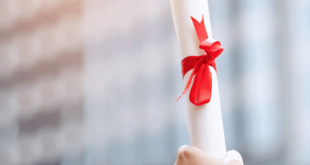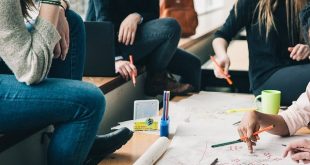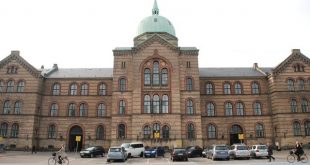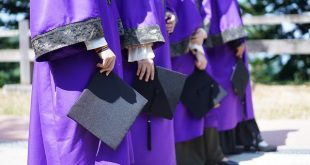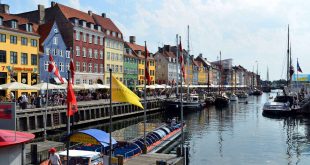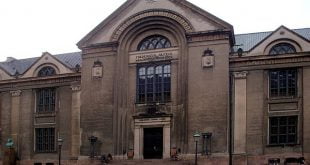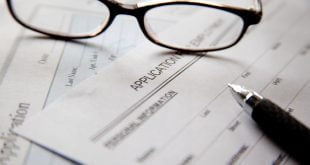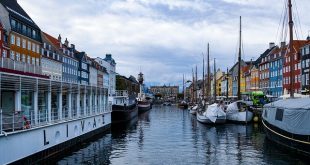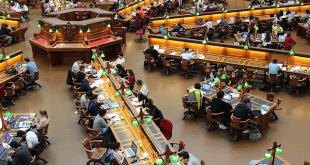Due to the comfortable lifestyle in Denmark, the country is one of the happiest based on recent statistics. This is among many reasons why you should study in Denmark. Additionally, you’ll be studying in a secure and peaceful environment with everything you want at arm’s reach. All the previously mentioned are factors that contribute to the high level of education in Denmark. However, before you pack your bags to travel, we’ll introduce you to the intricacies of culture and traditions in Denmark.
For more information, read our article on the top universities in Denmark.
Table of Contents
Facts about Denmark
- Denmark is located in the north of Europe and shares a border with Germany. Copenhagen is the capital of Denmark and has the largest population in the country.
- The Danish language is the official language in Denmark and is the language most people speak. Additionally, German is also an official language in the regions close to the border of Germany. On the other hand, many people speak English in the country as it is the second language in Denmark.
- Danish people are among the happiest in the world. For that reason, they love celebrations and observing Danish traditions throughout the year.
Read our article on studying in Denmark in English
Culture and Traditions in Denmark
- Values and morals are important within the community. Furthermore, they help develop the community and keep things organized across many aspects of life. In fact, the Danish community is known for solidarity, cooperation and respecting diversity.
- Although Danish people excel in many fields, they are quite humble and do not boast about their accomplishments.
- Whether you’re at work or visiting someone’s house, the custom greeting in Denmark is to shake everyone’s hand. Out of respect, you should greet ladies first. Additionally, you also shake hands when saying goodbye.
- Some may say that Danish people are quite distant and reserved. However, they simply do not form friendships too quickly. In fact, they prefer to take their time when getting to know people while respecting boundaries.
- Equality is at the foundation of the Danish society and is a main part of culture and tradition in Denmark. In fact, women take up high positions in society and men and women are treated equally.
- Danish people admire politeness in the art of conversation. Furthermore, you should never interrupt anyone while they are talking and must always pay attention when someone is talking.
- Most Danish families are relatively small. Also, families in Denmark are close and most take the time to cool dinner at home together every evening. Danish family culture values include punctuality, responsibility and planning. It’s not rare to see all family members to attend local activities or sports club together after school and work.
- In Denmark, people are introduced by their last name.
- People normally give presents on birthdays and family occasions.
Read our article on the cost of studying and living in Denmark
Public holidays in Denmark
Danish people celebrate many occasions throughout the year. These celebrations are part of the Danish culture and therefore are an important part of the traditions in Denmark. Furthermore, these traditions bring together family and friends to join in the celebratory spirit.
February/ March | Fastelavn Festival
Fastelavn Festival falls somewhere between the start of February and the 17th of March. As part of tradition, children celebrate by wearing nice clothes and visiting different houses to collect money in metal boxes.
March/ April | Easter
Danish people celebrate Easter by decorating their houses with fake yellow and green eggs.
May | Mother’s Day
Like many other countries, Mother’s Day is also celebrated in Denmark. As is the case in many other countries, Danish people celebrate by giving their mothers gifts and flowers.
1st of May | Labor Day
Labor Day is also celebrated in Denmark. Additionally, people normally take this day off of work.
5th of May | Liberation Day
Denmark is celebrating the end of Germany’s occupation during World War II on the 5th of May. That day is known as Liberation Day and is celebrated across the country.
5th of June | Constitution Day
This day celebrated the first Danish constitution in 1849. Moreover, Danish people throughout the country celebrate by having a full or half-day off.
15th of June | Valdemar Day
On this day, many people take a day off school to celebrate Valdemar Day all around Denmark.
December | Christmas
As part of the Christmas celebration, the streets of Denmark are decorated with flowers and decorated trees. Furthermore, families gather to celebrate on Christmas day.
31st of December | New Year’s Eve
New Year’s Eve is celebrated all around the world and is known for being celebrated in various ways. Furthermore, people celebrate in Denmark by preparing delicious food and gathering with their family and friends.
For more information, read our article on how to get student accommodation.
Also read about studying medicine in Denmark




 Aljawaz Your guide to study abroad
Aljawaz Your guide to study abroad
